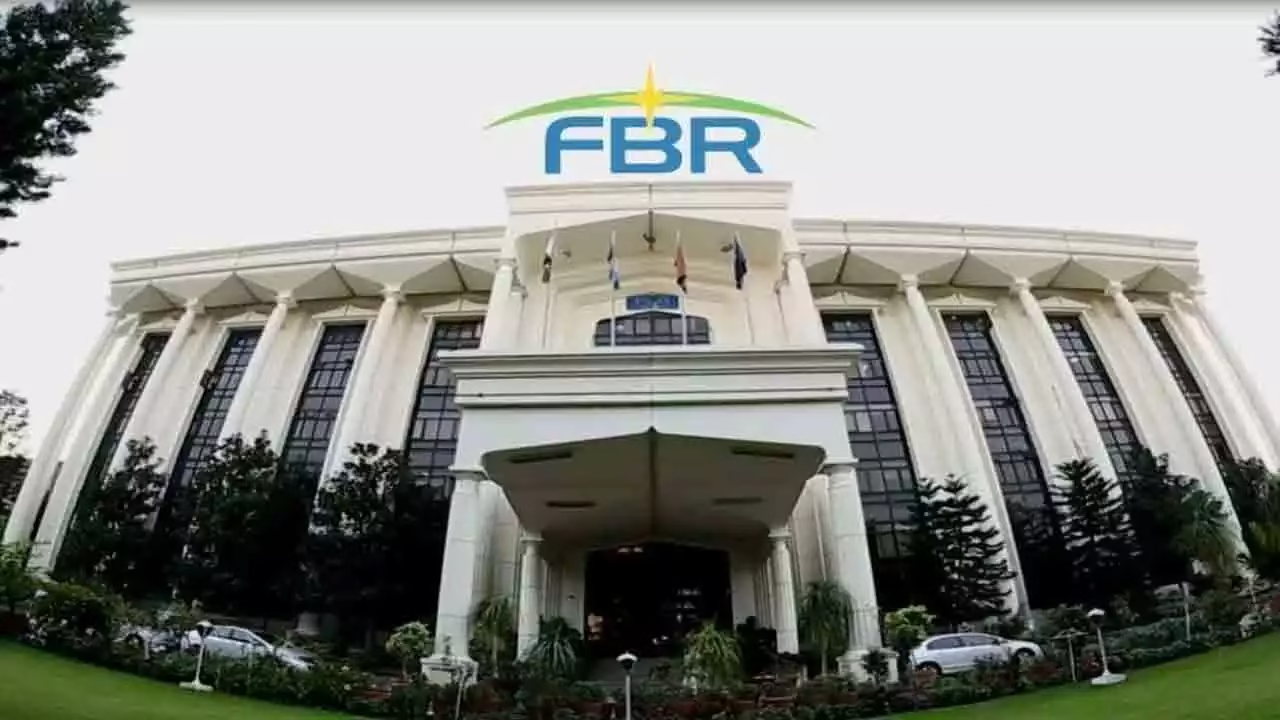The FBR’s New Tax Rules for online business are undergoing major changes as the Federal Board of Revenue (FBR) has issued a draft amendment to the Income Tax Rules 2002. This move is designed to bring Pakistan’s rapidly growing digital economy under the tax net and ensure compliance from all entities involved in e-commerce, online services, and courier operations. With digital trade expanding at an unprecedented rate in the country, the new measures aim to increase transparency, improve tax collection, and regulate the sector more effectively.
Why FBR Tax Rules for Online Business Matter
Pakistan’s e-commerce market has been growing rapidly over the past few years. According to the State Bank of Pakistan, digital transactions crossed Rs 11 trillion in 2023, reflecting a significant shift in consumer behavior. However, the tax contribution from online businesses has remained relatively low due to weak documentation and loopholes in the system. The revised FBR tax rules for online business will help minimize revenue leakages and establish a proper monitoring framework.
The new rules require online entities to submit monthly financial reports, including NTN details, bank account statements, seller information, and invoice numbers. By ensuring these details are submitted regularly, the FBR seeks to build a comprehensive database of online businesses operating in the country.
Monthly Financial Reporting Under FBR’s New Tax Rules for Online Business
One of the most significant aspects of the draft is the introduction of Form A1 and Form A2, which online businesses must use to submit monthly reports. These reports will cover:
- National Tax Number (NTN) of the entity
- Monthly bank account statements
- Seller’s name and address
- Invoice numbers for transactions
This level of reporting will not only bring accountability but also encourage unregistered businesses to formalize their operations. For many small and medium-sized online stores, compliance will initially be challenging, but in the long run, it will provide legitimacy and consumer trust.
Courier Services and FBR Tax Rules for Online Business
The draft amendment also highlights the role of courier service companies in monitoring e-commerce activity. Under the new FBR tax rules for online business, courier companies will be required to submit quarterly financial details using a new form issued by the FBR. This will include transaction-related information, ensuring that goods sold online are properly documented and taxed.
The inclusion of courier companies is a strategic step since most online businesses rely heavily on logistics partners for product delivery. By tracking financial flows through these channels, the FBR can capture a clearer picture of actual trade volumes.
Taxation of Online Financial Services
Another key area covered in the draft is online financial services. Companies providing services such as payment gateways, digital wallets, and other fintech solutions will be required to report their tax details separately. This ensures that the financial layer of the digital economy also falls under the tax net, preventing potential misuse of digital platforms for tax evasion.
To strengthen compliance, online businesses will additionally have to submit an affidavit while filing their tax details, confirming the accuracy of the provided information. This affidavit requirement adds a layer of legal responsibility and reduces the chances of misreporting.
Stakeholder Input and Next Steps
The FBR has invited stakeholders, including e-commerce associations, courier companies, and fintech providers, to submit their comments on the draft within seven days. This step reflects the government’s willingness to incorporate industry feedback before finalizing the implementation of the new FBR tax rules for online business.
If these measures are successfully enforced, Pakistan could see a significant boost in tax collection from the digital economy. Currently, less than 1% of the country’s total tax revenue comes from online trade, despite its exponential growth. Analysts suggest that better documentation and reporting could add billions of rupees to the national exchequer each year.
Challenges in Implementation
While the objectives of the draft amendment are clear, implementation could face challenges. Many small businesses operate informally on social media platforms like Facebook and Instagram without proper registration. For them, adhering to detailed financial reporting under the FBR tax rules for online business may seem burdensome. Additionally, technical support systems will need to be developed to ensure seamless reporting through the prescribed forms.
Despite these hurdles, the move is widely seen as a step in the right direction. By creating a documented digital economy, Pakistan can ensure fairness in taxation, encourage transparency, and provide a more level playing field for both traditional and online businesses.
The proposed FBR tax rules for online business mark a crucial step in bringing Pakistan’s growing digital economy under proper regulation. From monthly financial reporting by e-commerce companies to quarterly submissions by courier services and separate filings for fintech providers, the new rules are comprehensive in scope. If implemented effectively, these measures will not only strengthen tax compliance but also build greater trust in the online marketplace.
As Pakistan moves toward a more digital and interconnected economy, aligning tax policies with global standards is essential. The draft amendment to the Income Tax Rules 2002 reflects this vision and sets the foundation for a future-ready digital economy.



